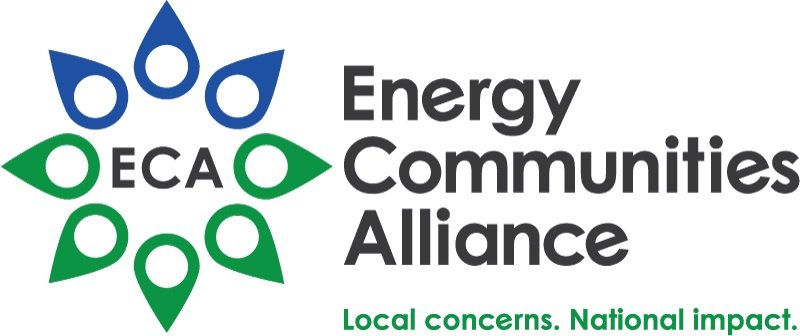ECA responds to DNFSB recommendation 2020-01 to the Secretary of Energy
In a February 2020 letter to Secretary of Energy, Dan Brouillette, the Defense Nuclear Facilities Safety Board (DNFSB) outlines its recommendation to the Department of Energy (DOE), on 2020-01, Nuclear Safety Requirements.
The DNFSB recommends that DOE create a uniform regulatory framework that can be extended across the nuclear complex to all defense nuclear sites to ensure adequate protection of public health and safety. A consistent form of guidance, the Board notes, is needed to prevent any misinterpretations or delays that could be costly to safety measures. DNFSB also highlights the need to evaluate and upgrade safety measures and standards especially in regards to aging infrastructure.
There is a comment period on this recommendation. All comments, data, views, or arguments concerning the recommendation are due on or by April 13, 2020.
ECA agrees with the DNFSB assessment and supports efforts that continue to ensure the safety of the public, the workers and the environment. These assurances should remain a priority when creating any regulatory framework.
ECA supports the DNFSB’s critical role in oversight of DOE’s defense nuclear facilities and activities; noting one of its primary functions is “to review and evaluate the content and implementation of the standards relating to the design, construction, operation, and decommissioning of defense nuclear facilities of the Department of Energy (including all applicable Department of Energy orders, regulations, and requirements) at each Department of Energy defense nuclear facility.”
The DNFSB oversight role is crucial for maintaining appropriate safety measures across the nuclear complex. Within their role, defined by legislation above, DNFSB gave an assessment of the safety conditions found at the defense nuclear sites.
ECA finds that there are potential problems that could result in the miscommunication and disagreements between DNFSB and DOE. Primarily, the problems will stem from the amount of oversight afforded to DNFSB by DOE. If DOE and DNFSB continue to disagree on how much oversight and input DNFSB has over DOE nuclear mission activities (weapons production, cleanup, etc.) there is a potential for lack of oversight. ECA fears that any lack of oversight could lead to accidents and risks in our communities. The other potentiality is that there is too much oversight, and that can lead to work not being accomplished in a timely manner. The balance of oversight and agreement between DNFSB and DOE/NNSA is critical to the protection and safety of workers.
Ultimately, DNFSB concludes the following:
“DOE needs to have a robust regulatory framework that provides sufficient structure such that both aging and new defense nuclear facilities continue to provide adequate protection of workers and the public. This recommendation is intended to strengthen DOE's regulatory framework in its current form, including DOE's orders, standards, and implementation. The Board agrees with DOE that 10 CFR 830 requires an update but believes that the Notice of Proposed Rulemaking would actually erode the regulatory framework. DOE's nuclear enterprise has grown since the original issuance of the rule; however, DOE's regulatory framework has not been updated to include requirements for key concepts and safety control strategies upon which its defense nuclear facilities rely.”
Moving forward, ECA will be reaching out to DNFSB and DOE asking both parties to provide explanations that can be understood by a wider audience. Health and safety oversight are too important to communities, and the public needs to understand the difference in DNFSB and DOE priorities. ECA continues to stress that the absence of an understanding can lead to unresolved and unreported safety issues at DOE sites – something that no one wants to see. A simpler overview from both DNFSB and DOE will be requested, with the intention of distribution among ECA communities.
Again, all comments, data, views, or arguments concerning the recommendation are due on or by April 13, 2020.
Send comments concerning this notice to: Defense Nuclear Facilities Safety Board, 625 Indiana Avenue NW, Suite 700, Washington, DC 20004-2001.
Comments may also be submitted by email to comment@dnfsb.gov.

